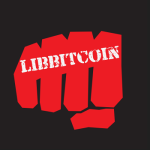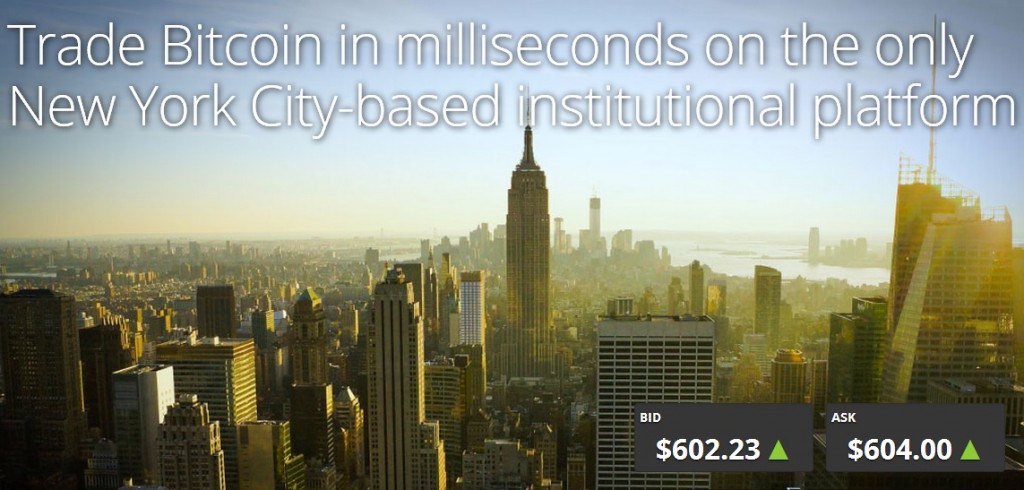“If you can, you should.”
Never has this phrase been more applicable than in the realm of open source technology. For those not in the know, “open source” refers to any code or blueprint that has been deliberately made available for reproduction–basically, one not subject to copyright restrictions. Bitcoin, of course, is a prime example.
It sounds simple, but the effects of open source technology are quite profound. Advocates love to talk about freedom and creativity, but the greatest aspect of the open source community is how efficient it is. Everyone can see exactly how an open source product was made; those working on similar projects can save resources by borrowing bits and pieces, while making improvements in the process. Sharing costs nothing.
Since every open source product is effectively free, people can now allocate their resources elsewhere. While that might mean more spending money for some, for others it might mean the success of their small business, or a means to pay the bills. Open source technology is essentially creative infrastructure, an asset held by and benefiting society as a whole. Coders and engineers can put their minds to use elsewhere, building off each other as more free information becomes available.
But how will great minds make a living? Not all services can be open sourced. Many require ongoing support or complex installation–labor, in other words. While holding onto a patent requires no real work, technical support certainly does, and such employees would not go unpaid. The expansion of the open source community will lead to a wider array of products and services available, so there will always be real jobs for the taking.
Of course, there will often still need to be some incentive for open source work, especially on projects that don’t directly benefit the developer (aside from credit and reputation). If you don’t mind (or have no choice but) to pay taxes, the central authority in charge of those funds come allocate them to development. Otherwise, crowdfunding solutions like CoinFunder, BitcoinStarter or Crowdtilt are rapidly becoming effective means of acquiring capital voluntarily.
So why haven’t we done this already? Most of the time, it’s because withholding a technology yields a competitive advantage. If none can develop your solution on their own, you are free to charge whatever you wish for their service. It leads to scenarios like we have in the traditional financial system, with absurd fees and and restrictions upon property (money) that is ostensibly ours. If Bitcoin can open source the financial system, then it definitely should.
The post An Open Source World appeared first on Bitcoin Magazine.














